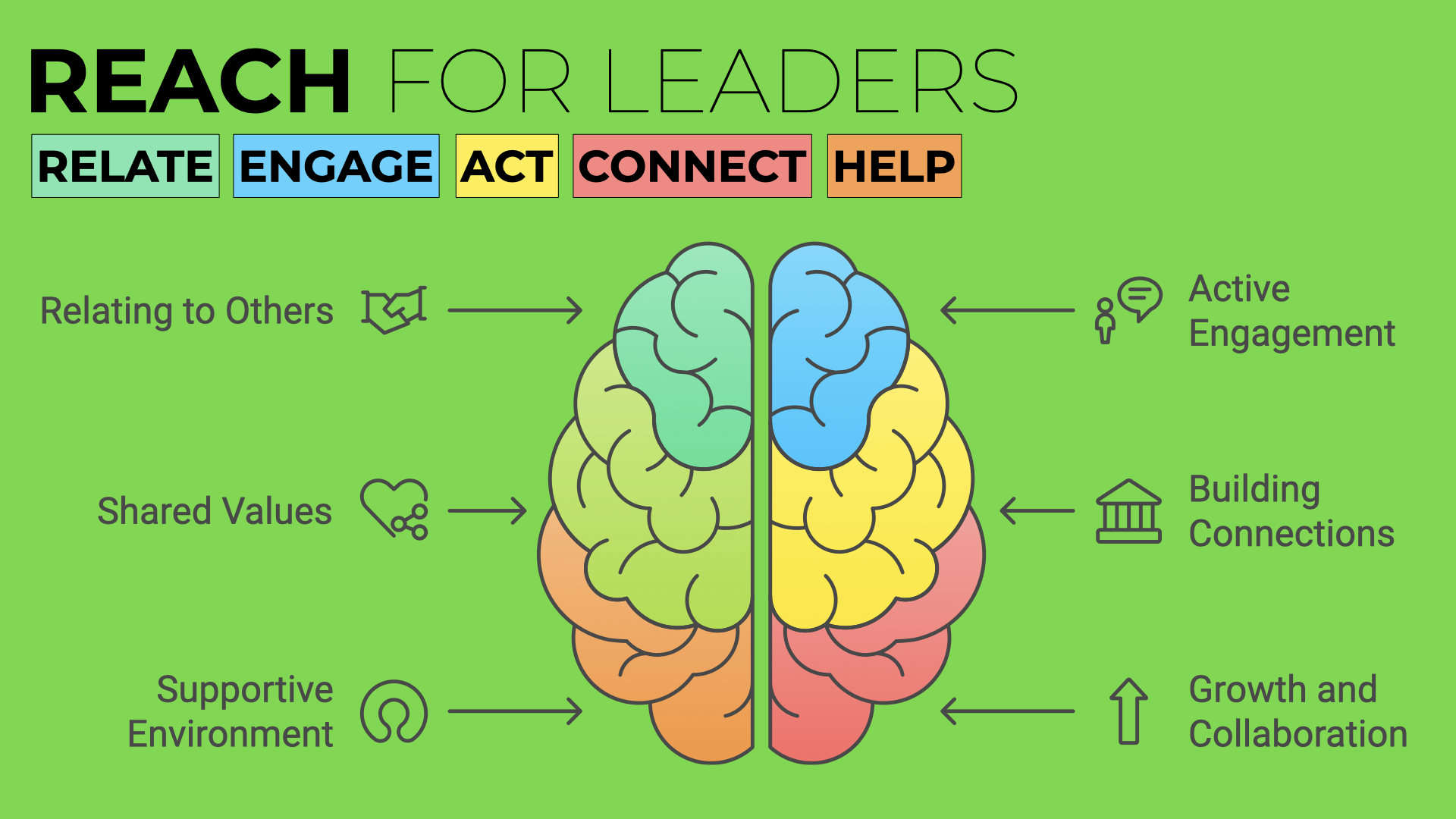
The Geneva Learning Foundation is launching REACH (Relate, Engage, Act, Connect, Help), a new initiative to connect leaders of health organizations who are solving similar problems in different countries.

The Geneva Learning Foundation is launching REACH (Relate, Engage, Act, Connect, Help), a new initiative to connect leaders of health organizations who are solving similar problems in different countries.
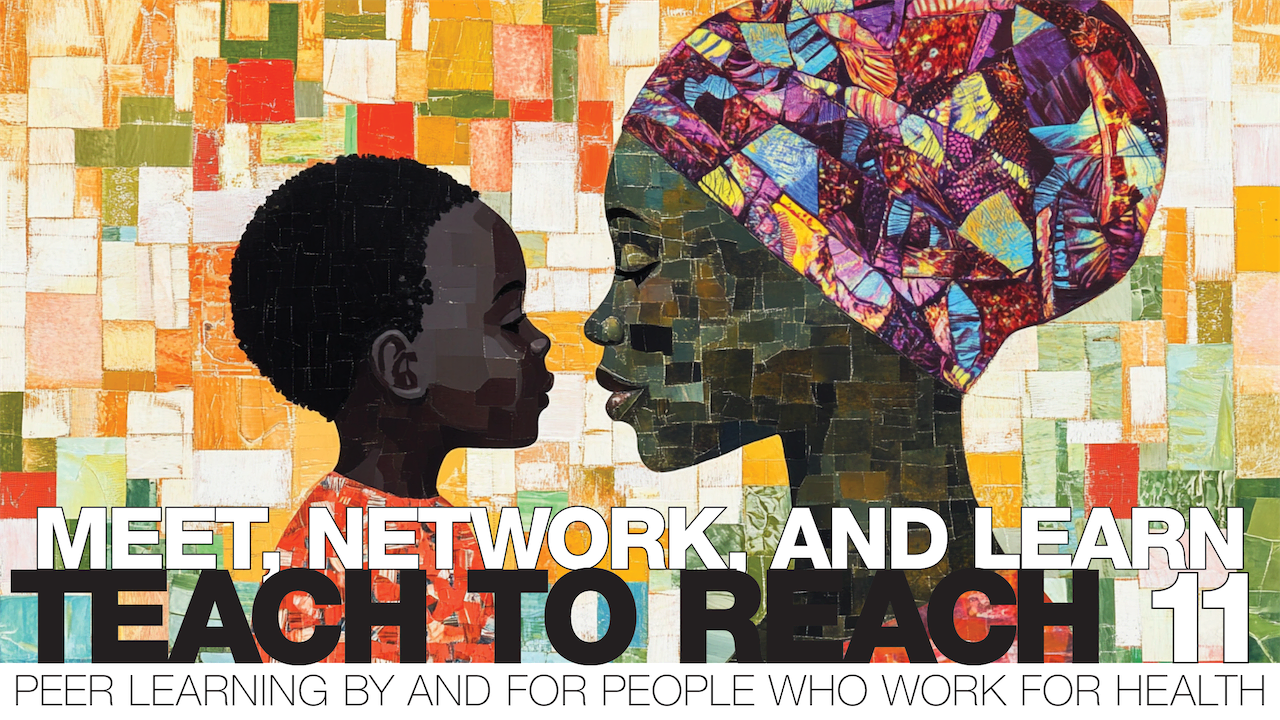
We need new ways to tackle global health challenges that impact local communities. It is obvious that technology alone is not enough. We need human ingenuity, collaboration, and the ability to share across borders and boundaries. That is why I am excited about Teach to Reach. Imagine if we could tap into the collective intelligence of over 20,000 health professionals working on the front lines in low- and middle-income countries.
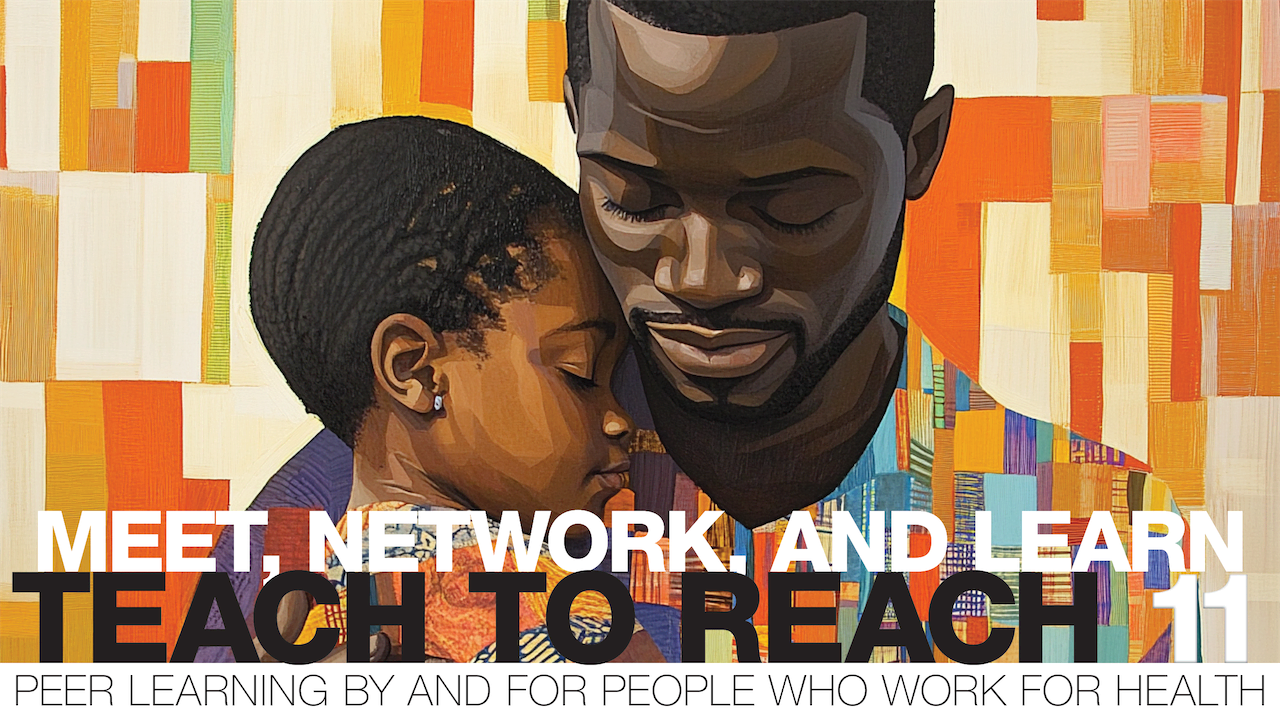
In global health, where challenges are as diverse as they are complex, we need new ways for health professionals to connect, learn, and drive change. Imagine a digital space where a nurse from rural Nigeria, a policymaker from India, and a WHO expert can share experiences, learn from each other, and collectively tackle global health challenges. That’s the essence of Teach to Reach.
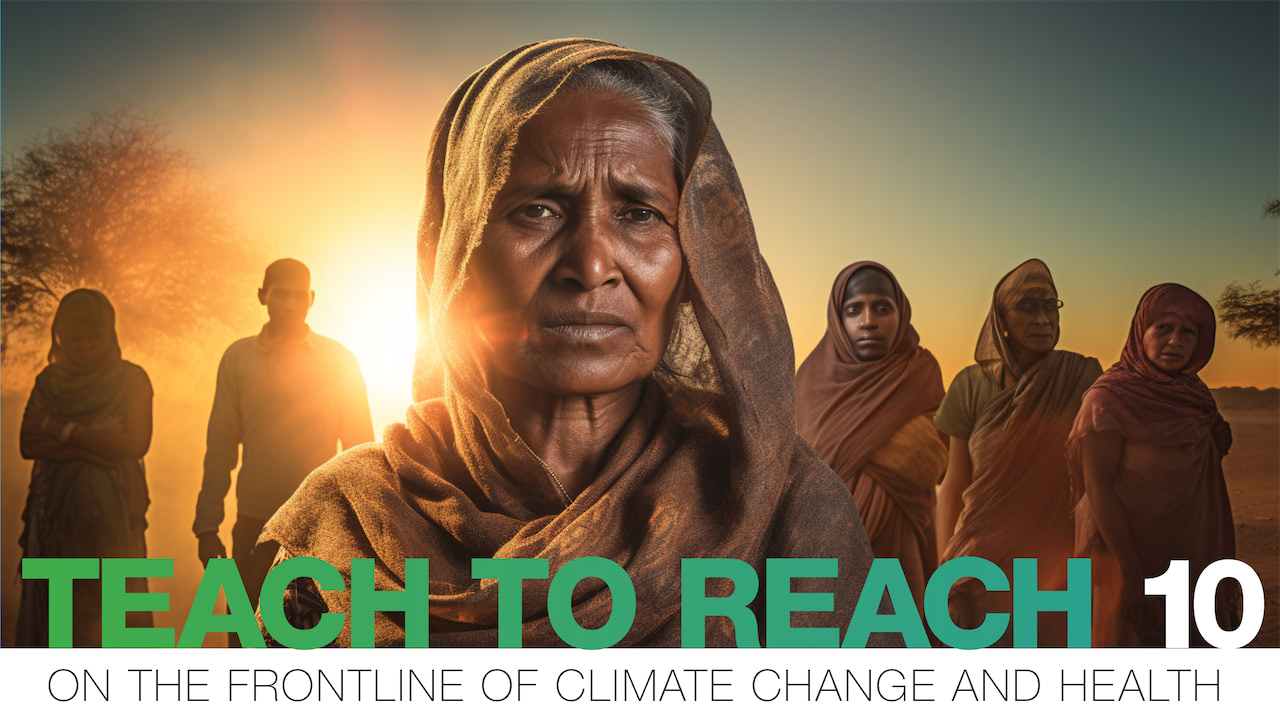
The Geneva Learning Foundation is pleased to announce the tenth edition of Teach to Reach, to be held 20-21 June 2024. Teach to Reach is a massive, open peer learning event where health professionals network, and learn with colleagues from all over the world.
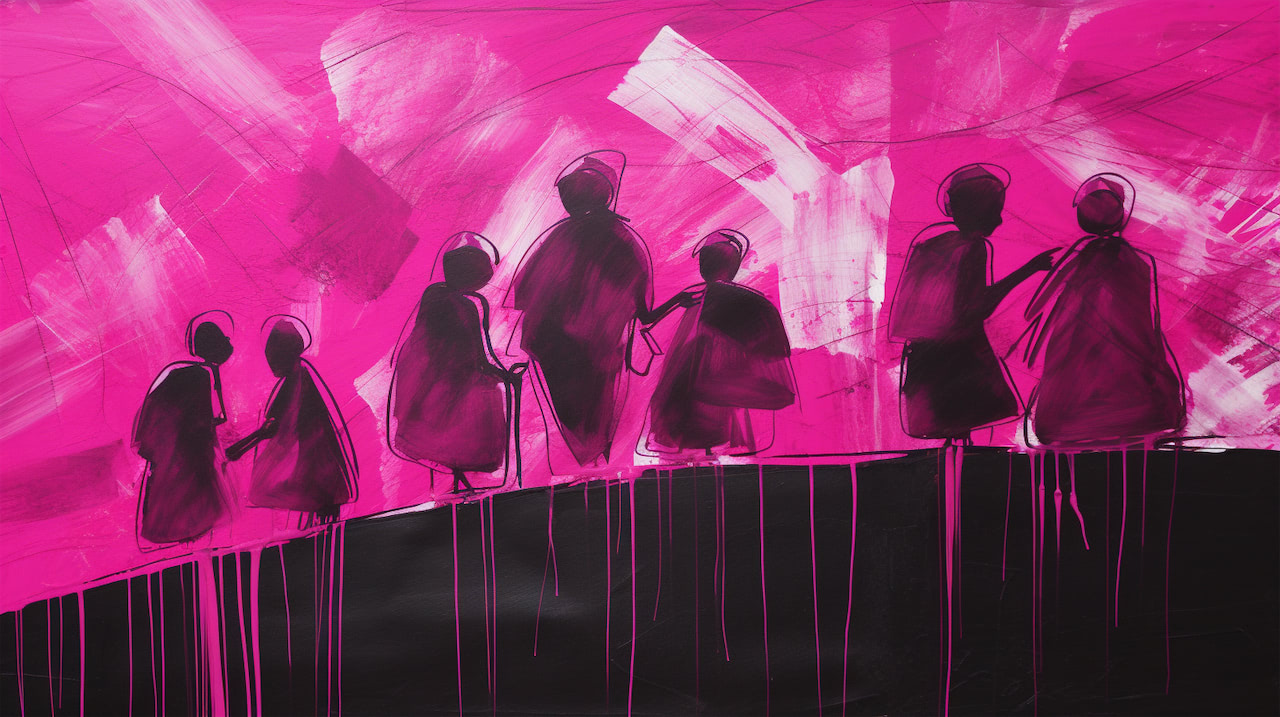
WHO’s 154th Executive Board meeting provided a sobering picture of how the COVID-19 pandemic reversed decades of progress in expanding global immunization coverage and controlling vaccine-preventable diseases. Over 3 million more zero-dose children in 2022 compared to 2019 and widening inequities between and within countries. Africa in particular suffered a 25% increase in children missing out on basic vaccines.

In her article “A Shared Lens for Sensemaking in Learning Analytics”, Sasha Poquet argues that the field of learning analytics lacks a shared conceptual language to describe the process of sensemaking around educational data. She reviews prominent theories of sensemaking, delineating tensions between assumptions in dominant paradigms.
Summary of highlights from the Full Learning Cycle, Monday 14 March Resources Anglophones: link to slidedeck; link to recording Francophones: link to slidedeck; link to recording

The idea that adult learners have much to learn from each other is fairly consensual. The practice of peer learning, however, requires un-learning much of what has been ingrained over years of schooling. We have internalized the conviction that significant learning requires expert feedback.